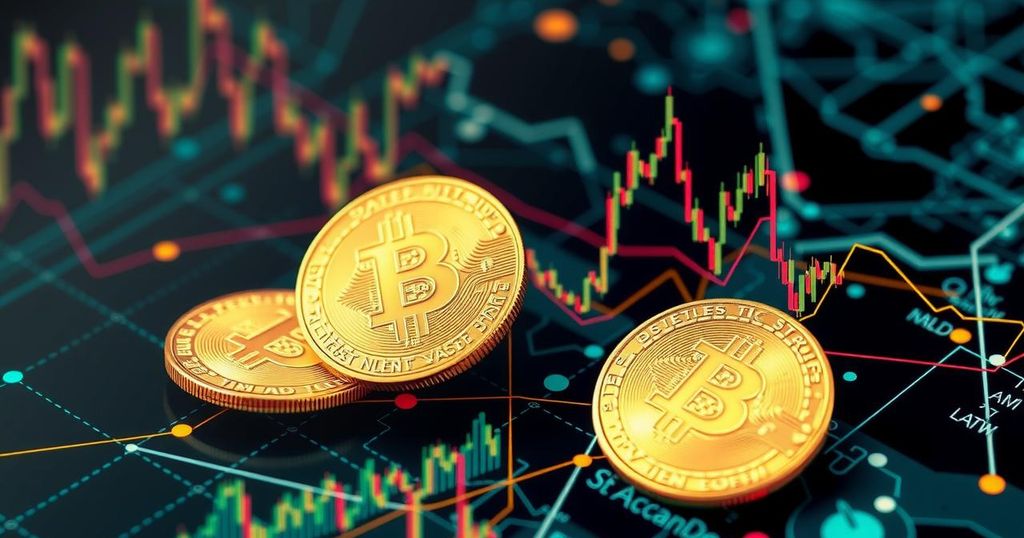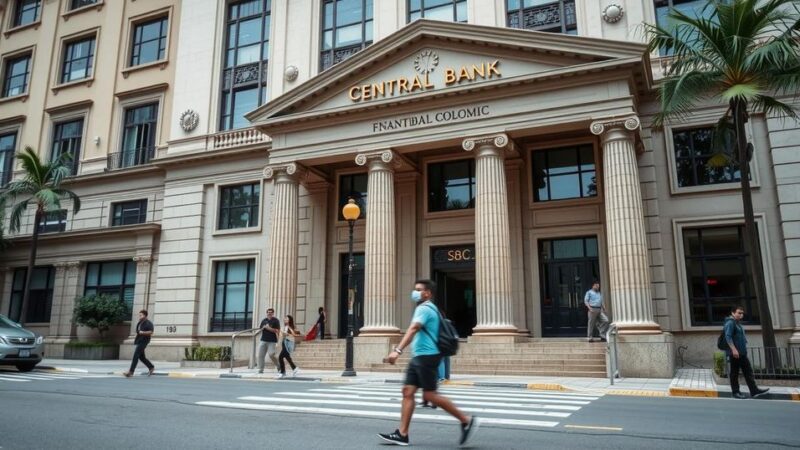A recent report by Consensys highlights Nigeria and South Africa as global leaders in digital asset ownership, with 99% of Nigerians aware of digital assets compared to lower awareness in the US and UK. Despite high ownership percentages, concerns regarding volatility and security persist, reflecting a broader distrust in traditional banking systems.
Nigeria and South Africa have emerged as global leaders in digital asset ownership, according to the latest Web3 Perception report by blockchain incubator Consensys. The report indicates that an impressive 99% of Nigerians are aware of digital assets, with 77% possessing a comprehensive understanding of their nature. In contrast, awareness in leading economies such as the United States and the United Kingdom lags significantly, where only 54% and 45% of individuals express similar understanding.
In Nigeria, digital asset ownership is notably high, with 74% of respondents who are aware of such assets reporting ownership at some point, while 42% maintain possession today. The report also highlights the Nigerian public’s strong familiarity with Web3 and non-fungible tokens (NFTs), with 58% of those surveyed indicating they are either very or fairly familiar with NFTs. South Africa follows closely, with 68% having owned digital assets at some stage, although only 22% currently hold them. Furthermore, approximately half of South Africans possess familiarity with Web3 and NFTs.
The investigation reveals a connection between this high level of digital asset ownership and a prevailing distrust in traditional banking systems among individuals in these two nations. In South Africa, 65% of participants believe the financial system warrants improvement or a complete overhaul, while only 10% of Nigerians feel their banking system operates effectively. Amid these sentiments, blockchain and digital assets are viewed by Nigerians as avenues for enhanced control over personal digital identities. Consensys CEO Joseph Lubin states, “In terms of data privacy, 92 percent of Nigerians and 87 percent would like to have more control over their identity on the internet, while over half of respondents think that decentralization could improve traditional banking and social media platforms.”
Moreover, Nigerians express a desire to receive a share of profits generated from their personal data, a belief linked to the advantages of blockchain technology. For several consecutive years, Nigeria has demonstrated leadership in the adoption of blockchain and digital assets, ranking second worldwide this year, closely following India, as reported by Chainalysis. Despite notable progress, concerns remain among Nigerians, with over half identifying the volatility of digital assets as a significant barrier, alongside issues related to scams, privacy, and security.
In summary, Nigeria and South Africa’s leadership in digital asset ownership reflects both a growing interest in blockchain technology and an underlying distrust of traditional banking systems. As these countries continue to prioritize digital innovations, they also face challenges related to market volatility and security issues.
The significant growth of digital asset ownership in Nigeria and South Africa can be attributed to various factors, including a lack of trust in traditional banking systems and a rapid adoption of blockchain technology. Many individuals in these nations view digital assets as an opportunity to exert control over their financial futures and personal data. This cultural shift towards embracing digital solutions stands in contrast to the relatively lower comprehension and ownership rates observed in more developed economies. The findings from the Consensys report provide valuable insights into the attitudes and behaviors surrounding digital currencies in these African nations, highlighting their unique perspective on the evolving financial landscape.
In conclusion, Nigeria and South Africa are leading the global charge in digital asset ownership, indicative of their populations’ savvy understanding and adaptability to blockchain technologies. The significant distrust of conventional banking systems appears to drive individuals towards exploring alternatives such as digital currencies. Nevertheless, as these nations continue to advance in digital asset utilization, addressing concerns around volatility and security will be critical for sustainable growth and wider acceptance of these technologies.
Original Source: coingeek.com







